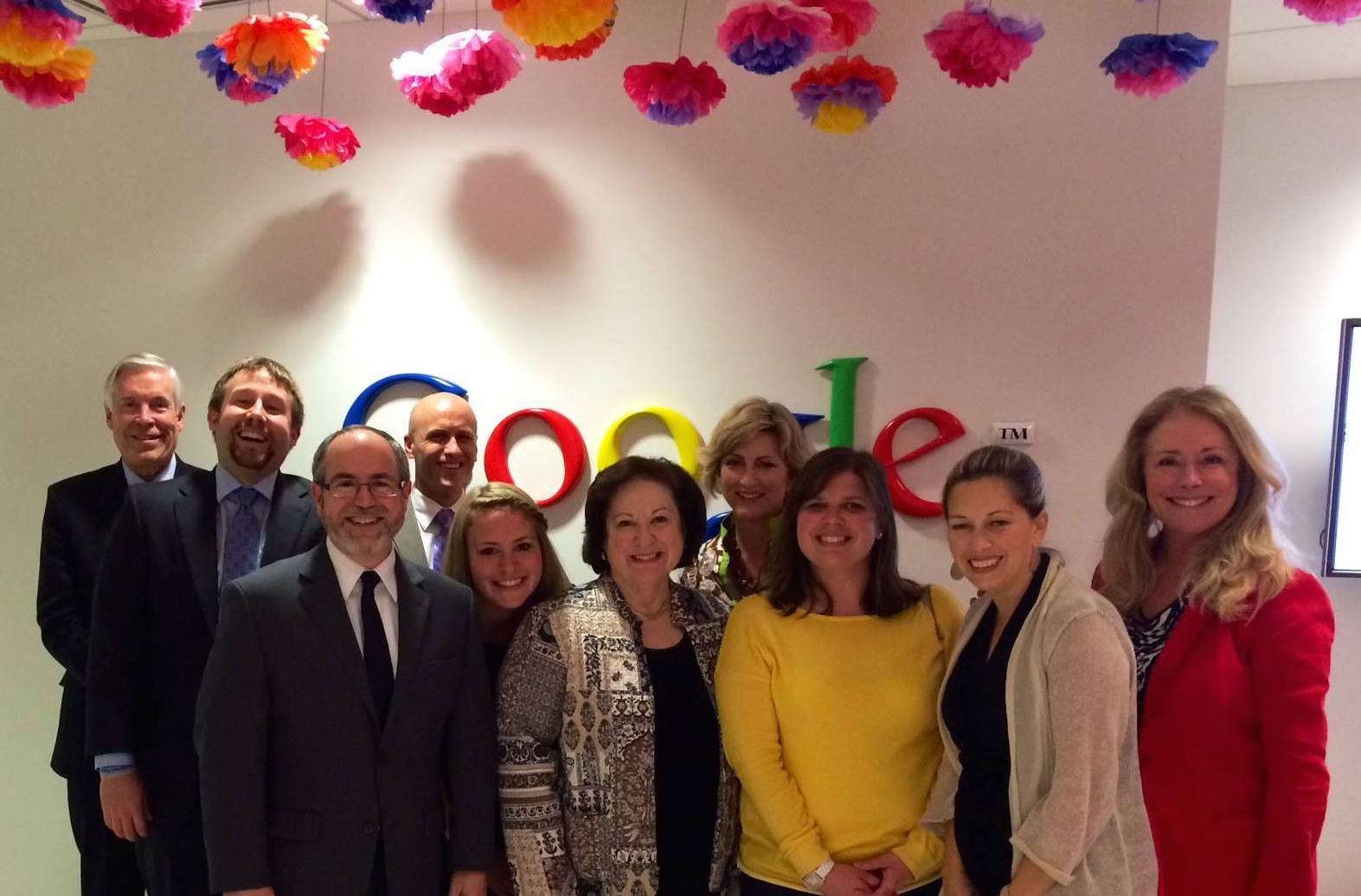Google has been at the forefront of The National Center on Sexual Exploitation’s corporate advocacy since we first started the initiative in 2013. We’ve been pressing on this global tech titan to make significant changes in order to stem sexual abuse through its products used by over a billion people.

One of our most consistent recommendations has been for Google to cease enabling and normalizing sexploitation by allowing advertisements for pornography and prostitution. We were therefore thrilled to learn that as of February 11, Google will begin enforcing their new Compensated Sexual Acts policy. The policy states:
[…] we will prohibit compensated dating or sexual arrangements where one participant is expected to provide money, gifts, financial support, mentorship, or other valuable benefits to another participant such as ‘Sugar’ dating.
“Sugar dating,” is a euphemism meant to mask the bitter truth of what it is in reality: prostitution under the guise of creating “ideal relationships.” By having allowed prostitution sites like SeekingArrangment to advertise on its platforms, Google was complicit in furthering, and likely even profiting from, prostitution.
We applaud Google for stemming the ability of sex buyers to more easily purchase people for their own pleasure.
But wait – there’s more good news. As part of this new policy, Google is moving all prohibited content that is currently listed under their “Adult” category to its “Inappropriate” category. This includes:
- sexually explicit content (including rape, necrophilia, teen-themed pornography, compensated sexual acts, e.g., sugar dating, companionship and escort services, prostitution, etc.)
- child sex abuse imagery
- mail-order bride advertisements
- adult themes in family content (refers to content appearing appropriate for children but containing themes such as violence, sex, vulgarity, etc. or content depicting children or children’s characters in an inappropriate manner)
Why is this significant? Because categorization of content with rape, sexualization of minors, prostitution etc. as “adult content” by corporations like Google normalizes sexual assault and all forms of sexual exploitation. By calling it “adult,” it sends the message that somehow this type of harmful material is okay for adults to view, so re-categorization is pivotal. Mainstream promotion of prostitution makes buying people for sex seem ordinary and possibly even ethical: but decades of research and survivor testimony documents the extensive and long-lasting psychological, physical and emotional harm prostitution causes. These ads encourage society to think prostitution is harmless, and the messaging surrounding thse advertisements gives people the illusion that those being compensated for so-called “dates” and sexual encounters made the choice free of marginalizing or coercive factors and is even “empowering” (which is almost never the case).
While we applaud Google’s recent changes, there’s still a lot Google needs to do – and we will continue pressuring them. Most immediately, and specifically related to their new advertising policy, Google needs to remove all prostitution apps from Google Play, including well-known “sugar dating” site SeekingArrangement (Apple App Store has blocked this app, and so should Google). This leaves the doors open to sex buyers and other predators to easily gain access to economically vulnerable people – a door it seems Google is trying to close with the Compensated Sexual Acts policy. Google should be consistent with their policies across all platforms.
Perhaps this additional change is in the works, but we haven’t gotten word that it is. So in the meantime, we’re encouraging Google to remove SeekingArrangement and other prostitution apps from the Google Play Store. Please join us in doing so!


